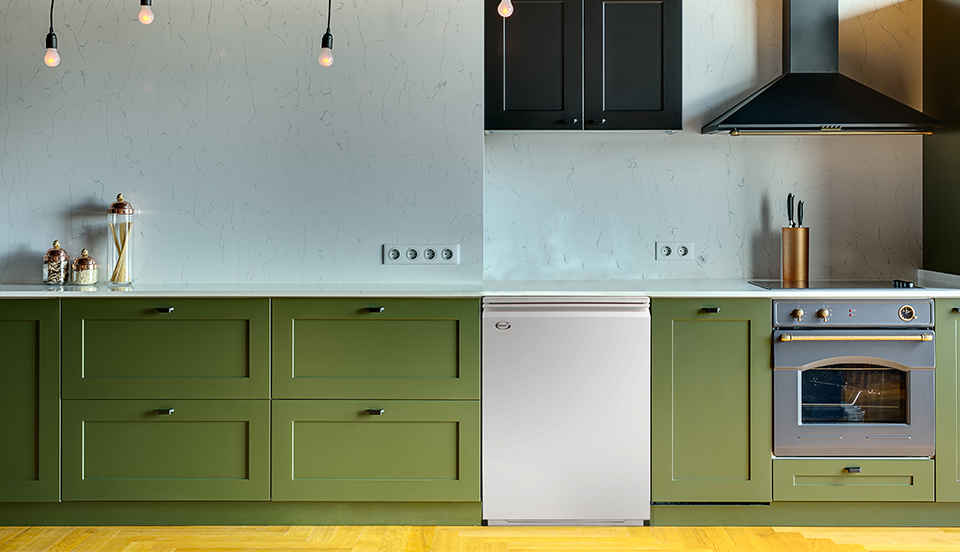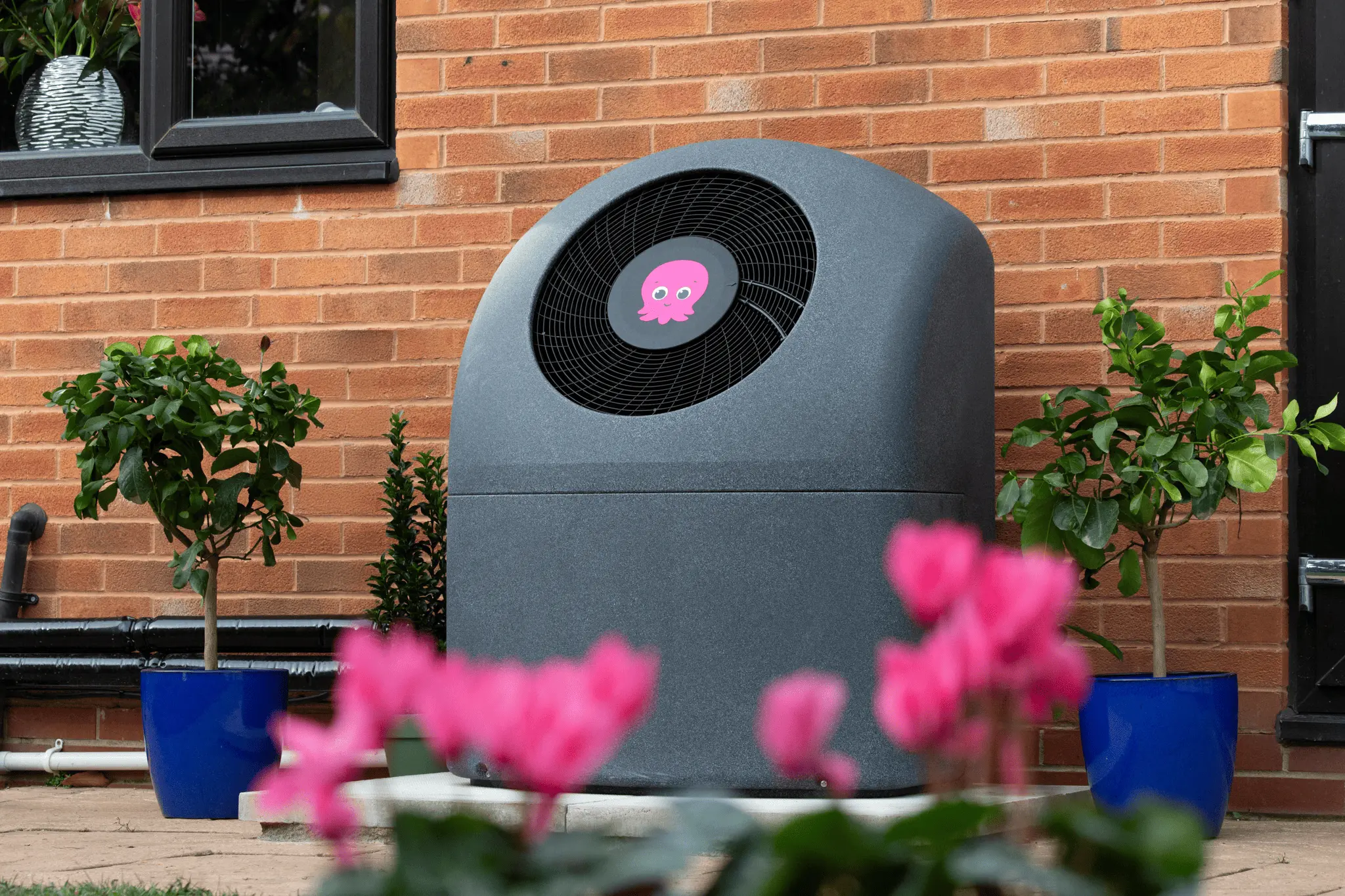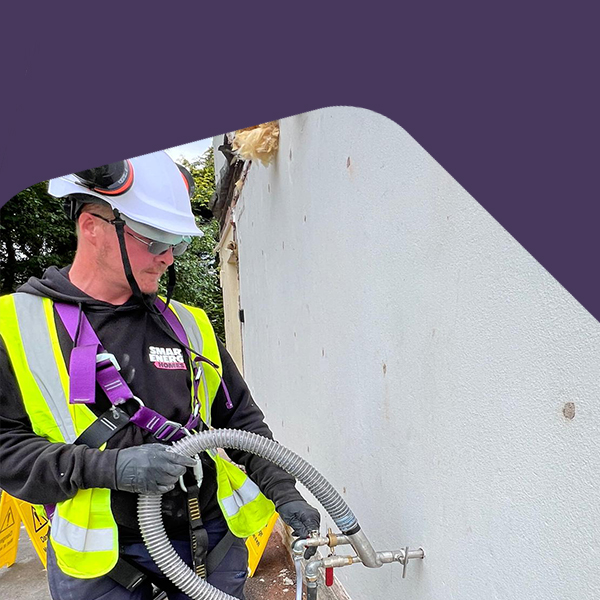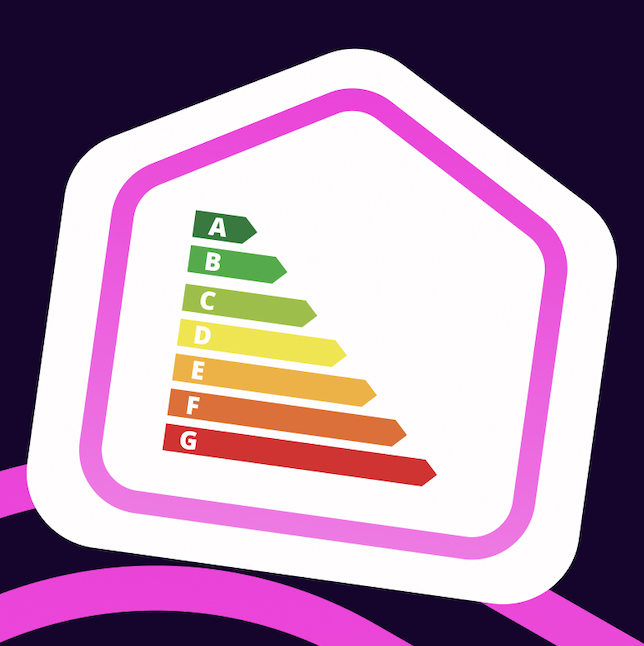What is an Oil Boiler?
An oil boiler is a type of heating system that uses oil as its fuel source to generate heat for your home. The oil is stored in an external tank and delivered to the boiler via a pipeline. Oil boilers are an ideal choice for homes not connected to the mains gas supply, particularly in rural areas. They provide the same level of efficiency and comfort as traditional gas boilers but are powered by heating oil, a readily available and efficient fuel.
Oil boilers come in various sizes and styles, making them suitable for different property types and heating demands. With advancements in technology, modern oil boilers are highly efficient, often reaching over 90% efficiency, helping you save money on heating costs while reducing carbon emissions.









